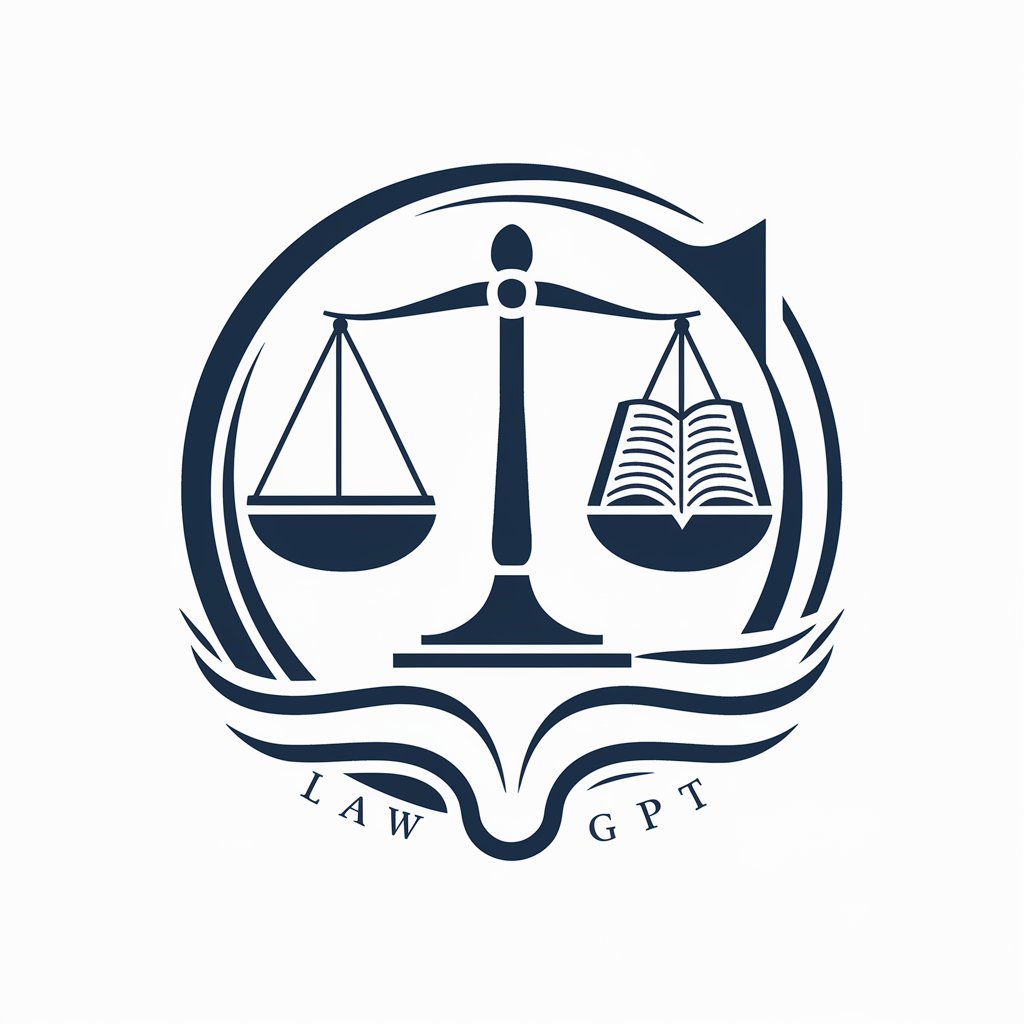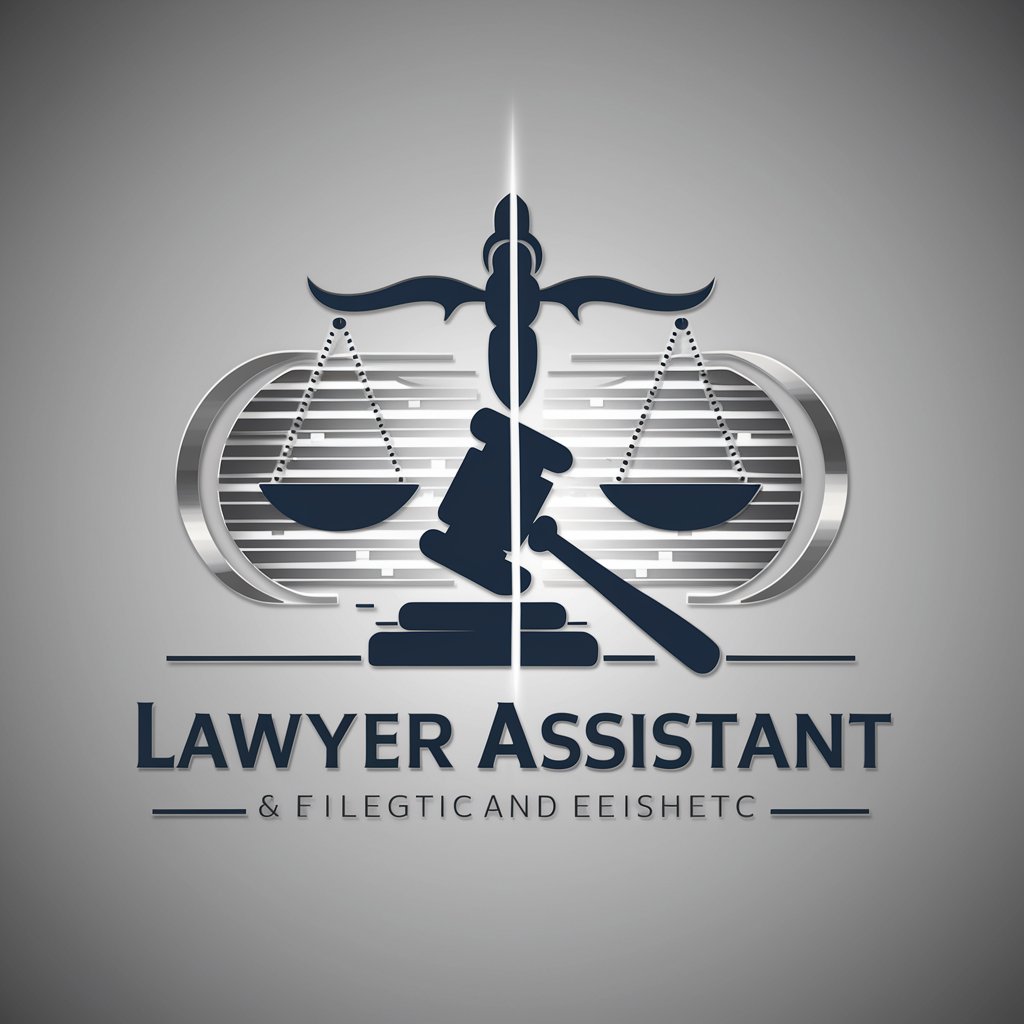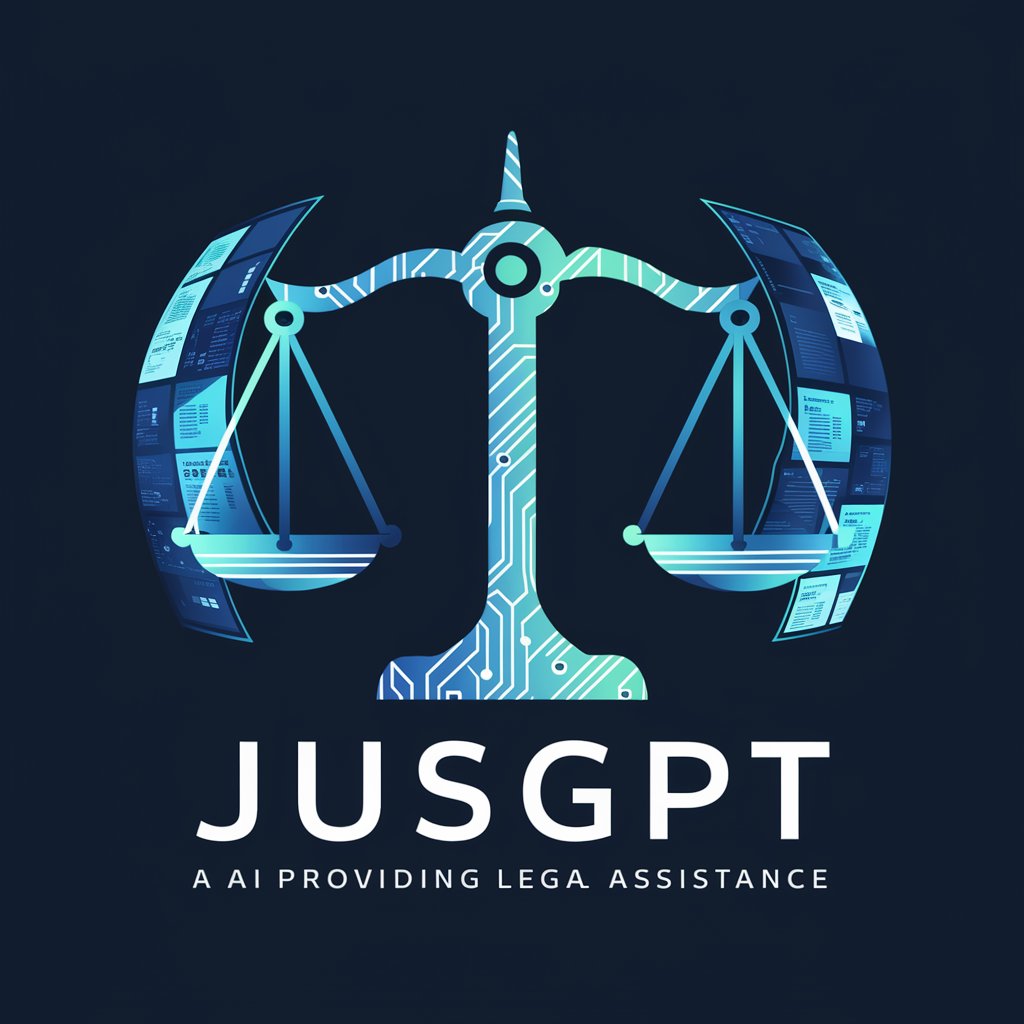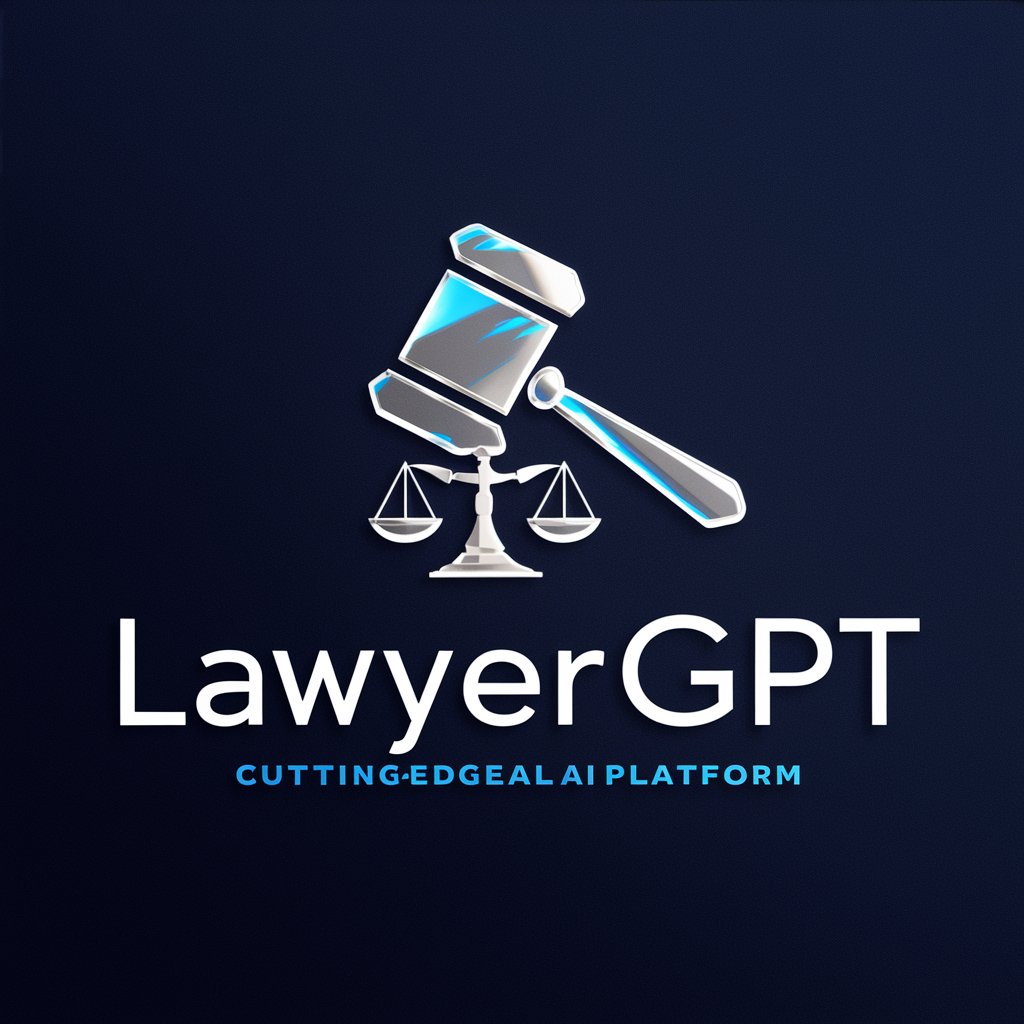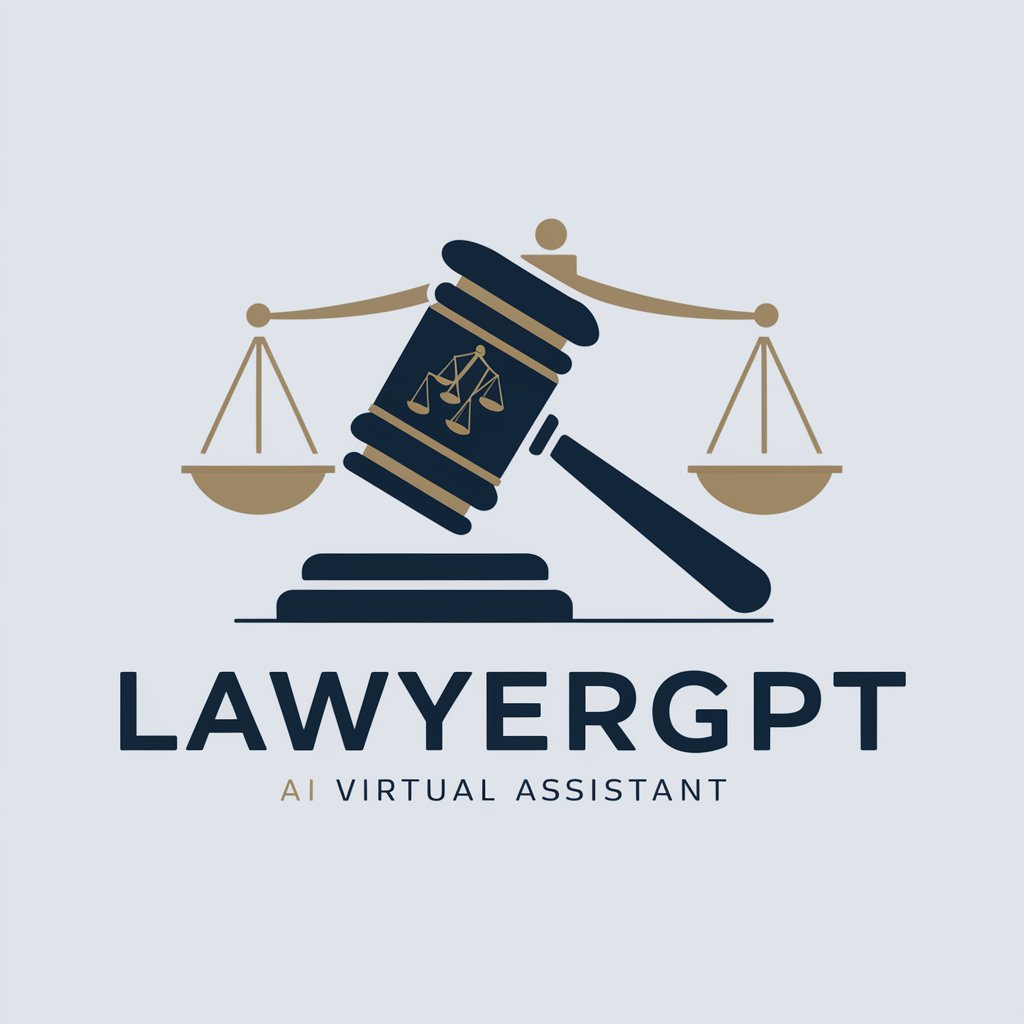
Lawyer GPT - Legal Assistance Tool
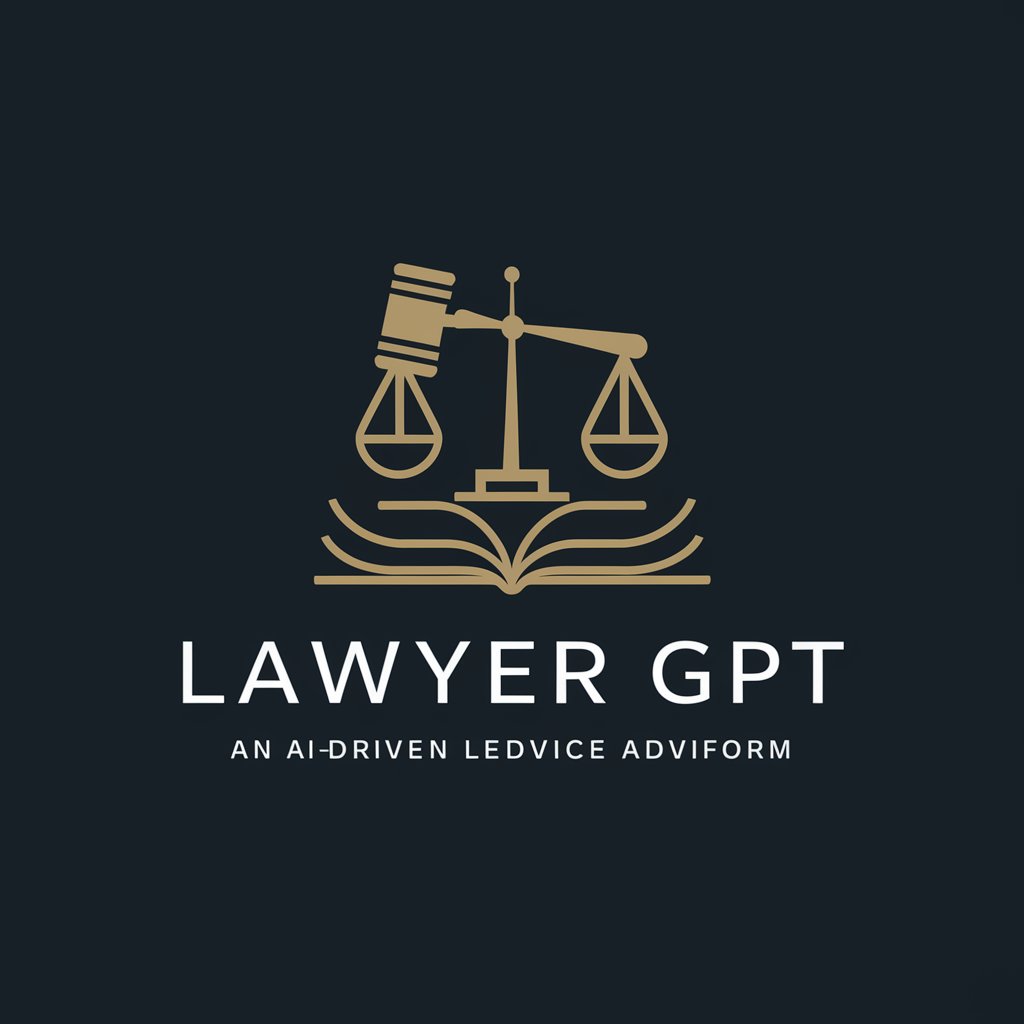
Welcome to Lawyer GPT, your source for professional legal guidance.
Empowering legal decisions with AI
Can you explain the legal process for...
What are the key considerations when drafting...
How do I navigate the legal requirements for...
What should I know about the legal implications of...
Get Embed Code
Overview of Lawyer GPT
Lawyer GPT is designed to assist with legal inquiries across various domains, providing detailed legal explanations, procedural guidance, and document-related assistance. It is built to adapt to a wide range of legal contexts, delivering precise, professional advice while emphasizing the need for consulting with a human lawyer for concrete legal actions. For instance, Lawyer GPT can elucidate complex legal principles in layman's terms, guide users through the steps of drafting a legal document, or explain procedural aspects of court proceedings, ensuring users gain a comprehensive understanding of their legal inquiries. Powered by ChatGPT-4o。

Core Functions of Lawyer GPT
Legal Explanation
Example
Clarifying the intricacies of intellectual property rights.
Scenario
A user, uncertain about the extent of copyright protection for their digital artwork, consults Lawyer GPT. The system elucidates copyright law, differentiating between various types of intellectual property and explaining the specific protections and limitations concerning digital art.
Guidance on Legal Procedures
Example
Advising on the steps to file a small claims lawsuit.
Scenario
An individual considering small claims court for a dispute under a certain monetary value engages with Lawyer GPT. The service outlines the filing process, necessary documentation, and courtroom etiquette, offering a structured pathway through the legal system.
Document Assistance
Example
Helping to draft a non-disclosure agreement.
Scenario
A startup wishing to protect its confidential information while discussing potential partnerships uses Lawyer GPT. The service provides a framework for the agreement, detailing essential clauses and considerations to ensure enforceability and adequacy of protection.
Target User Groups for Lawyer GPT
Legal Professionals
Attorneys, paralegals, and law students can leverage Lawyer GPT for preliminary research, gaining quick insights into case law, or brainstorming legal arguments. The tool can serve as a supportive resource, offering a starting point for deeper legal investigation or document drafting.
General Public
Individuals without formal legal training can benefit from Lawyer GPT's ability to demystify legal jargon and processes, providing accessible explanations and guidance for personal or business legal issues, thereby empowering them to make informed decisions or prepare for professional legal consultation.
Business Entities
Companies, especially small to medium enterprises (SMEs) without dedicated legal departments, can utilize Lawyer GPT for understanding regulatory requirements, contract drafting assistance, or navigating dispute resolution processes, aiding in risk management and legal compliance.

How to Use Lawyer GPT
1
Start your journey by visiting yeschat.ai to explore Lawyer GPT's capabilities without needing to sign up for ChatGPT Plus or any prior commitment.
2
Identify the legal query or document you need assistance with. Lawyer GPT can help with a variety of legal needs, from drafting contracts to understanding complex statutes.
3
Type your question or describe your legal situation in detail to ensure the most accurate and helpful response. Be as specific as possible.
4
Review the provided advice or document draft. Lawyer GPT aims to offer comprehensive legal insights, but remember to consult with a human lawyer for personalized advice.
5
Use the feedback feature to refine your query or request further clarification. Lawyer GPT is designed to adapt and provide more tailored advice based on your inputs.
Try other advanced and practical GPTs
Worldseekers Dungeon Crawler
Craft Your Legend with AI

Mon Coach en Fitness à Domicile
AI-Powered Personal Fitness at Home

WifeGPT
Straightforward AI-powered household critique

Wildfit Wellness Mentor - Living Wildfit
Empower Your Diet, Naturally.

SolarWise AI Advisor
Empowering solar projects with AI-driven insights.

Virtual Assistant
Empowering Efficiency with AI Assistance

하티 항공AI
Elevate Your Travel with AI-Powered Flight Planning

Frames
Streamline Web Design with AI-Powered Efficiency
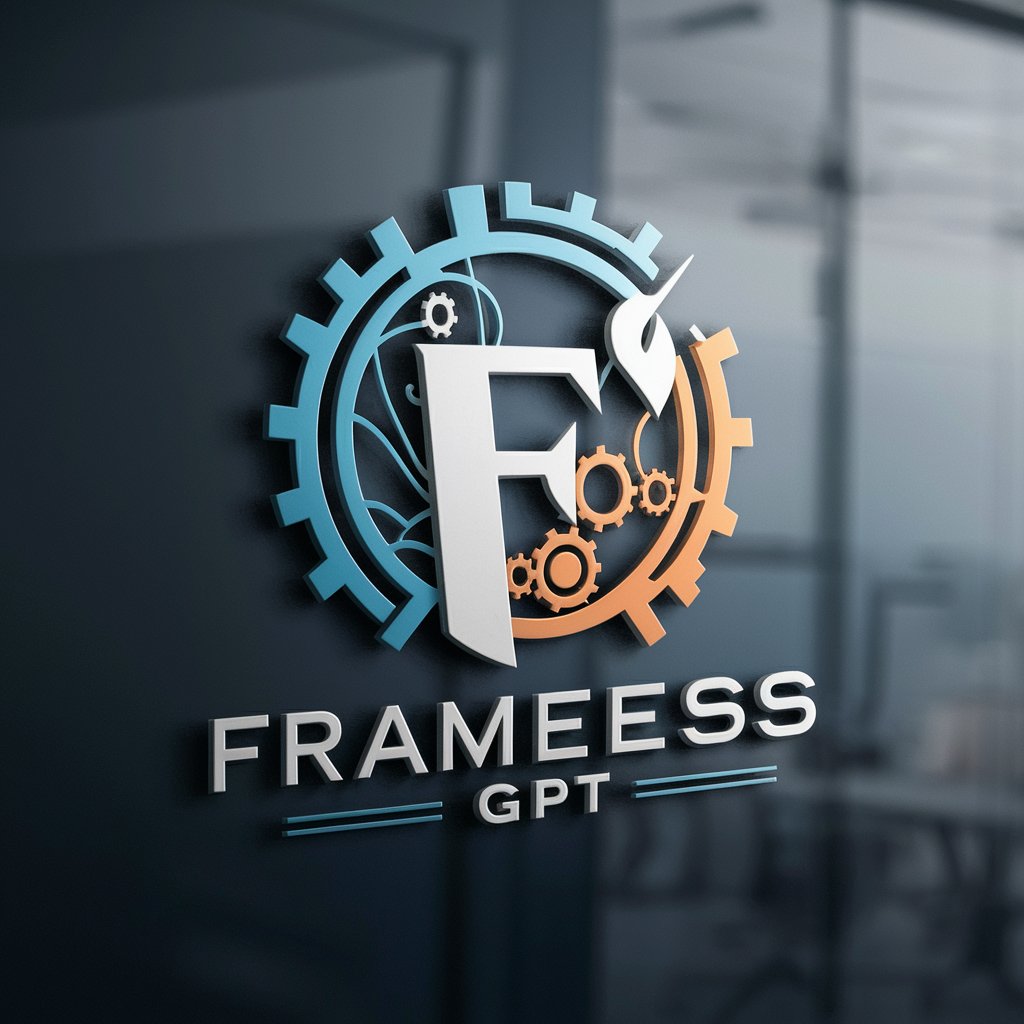
【プロンプトインジェクション用GPTs】 Cerion 【対策無Ver】
Unleash Creativity with AI-Powered Fantasy

Historical Dialogues
Bringing History's Voices to Life

Генератор Слоганов
Craft Memorable Slogans with AI
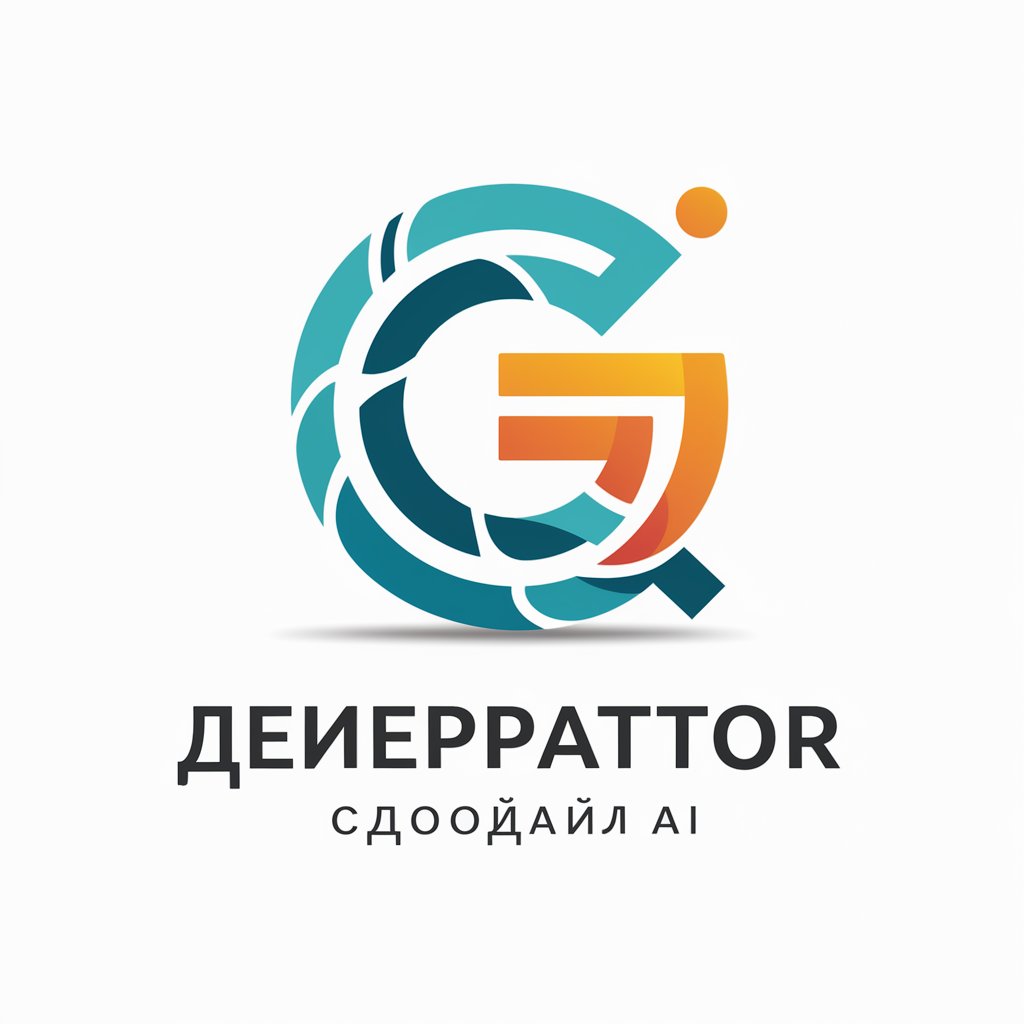
Cybersecurity Advisor
Empowering Cybersecurity with AI

Frequently Asked Questions About Lawyer GPT
What legal areas can Lawyer GPT assist with?
Lawyer GPT offers support across various legal fields including, but not limited to, corporate law, intellectual property, family law, employment law, and contract law. It can provide general guidance, draft documents, and help interpret laws.
Is Lawyer GPT a replacement for a human lawyer?
No, Lawyer GPT is designed to assist with legal information and preliminary document drafting. It is not a substitute for a licensed attorney's advice or representation in legal matters.
How accurate is the legal advice provided by Lawyer GPT?
Lawyer GPT strives to provide accurate and up-to-date legal information based on the input it receives. However, legal accuracy can depend on the specificity of the query and the ever-evolving nature of law. Always verify with a qualified legal professional.
Can Lawyer GPT keep information confidential?
While Lawyer GPT is designed with privacy in mind, it's important to avoid sharing sensitive personal information or relying on it for confidentiality. Consult a human lawyer for matters requiring privacy.
How can I make the most out of Lawyer GPT?
For the best experience, be clear and detailed in your queries, use specific examples when possible, and follow up with additional questions to refine the advice received. Remember, the more context you provide, the more tailored the guidance will be.

